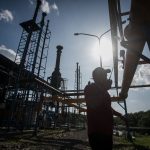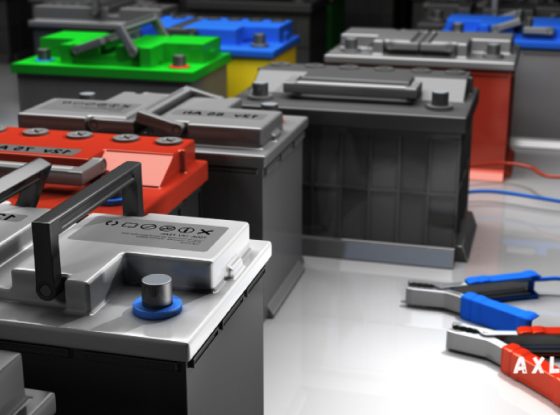Honda to double investment in electric vehicles and software

Honda is sticking to its strategy of focusing more on electric vehicles in the coming years, the head of the company said Thursday, despite a recent slowdown in sales in several markets possibly clouding the outlook for demand.
The automaker had planned to invest ¥5 trillion ($32.3 billion) in EVs and software for the 10 years through March 2031, but in an indication of its commitment, Honda now plans to spend ¥10 trillion by that point.
While the demand for battery EVs appears to have leveled off recently, “we have not changed our view that EVs are the best solution (for realizing carbon neutrality). … In the longer term, we are certain that the shift to EVs will surely progress,” Honda CEO Toshihiro Mibe said during a news conference.
Sales of battery EVs have stalled in the United States and European markets, as many consumers still find EVs expensive and are concerned about a lack of charging infrastructure.
“We had predicted that the demand for EVs would fluctuate in the early phase. We should not really be swayed by the recent changes,” Mibe said.
He added that Honda has decided to significantly increase its investment because it aims to build robust EV production systems, including for batteries, and at the same time strengthen its development of software such as artificial intelligence.
Honda expects to spend ¥6 trillion on EV production as well as ¥2 trillion each on batteries and software through fiscal 2030, which begins in April of that year.
The automaker also said it will roll out seven EV models globally by 2030. For China, for which it has a separate strategy, it plans to introduce 10 EV models by 2027.
“We believe that our biggest mission at this point is to build a strong EV brand and a strong business by making solid preparations for the medium to long term, given that the EV popularization period will likely arrive in the late 2020s and beyond.”
Last month, Honda announced that it will build new EV and battery plants in Ontario, Canada, by investing in 15 billion Canadian dollars. The new production base is expected to start operating in 2028 with an annual production capacity of 240,000 EVs and 36 gigawatt-hours worth of batteries. The investment will be partially covered by subsidies from the Canadian and Ontario governments.
In a news conference to announce its earnings last week, Honda said it will spend a record ¥1.2 trillion for research and development during this fiscal year to speed up the establishment of the basic technology and structure needed for its EV production.
Honda posted a record high net profit of ¥1.1 trillion for fiscal year 2023, up 70% from the preceding year, amid a weak yen, price hikes and steady hybrid vehicle sales.
The automaker has been strengthening partnerships within the auto industry and beyond on expectations of intensifying competition in the global EV market.
In March, Honda made a surprise announcement of its pursuit of a strategic partnership with Nissan in the EV and AI fields. Both companies have not revealed the progress of their talks, though Honda said it might be able to disclose some details in the near future.
Honda is also partnering with Sony to produce battery EVs. The alliance is scheduled to deliver its first model in the spring of 2026 in North America.
Honda is the first Japanese carmaker to set a target of phasing out its gasoline-powered models completely. It aims to produce only EVs and hydrogen-powered fuel cell vehicles by 2040.
Source : japantimes.co.jp



